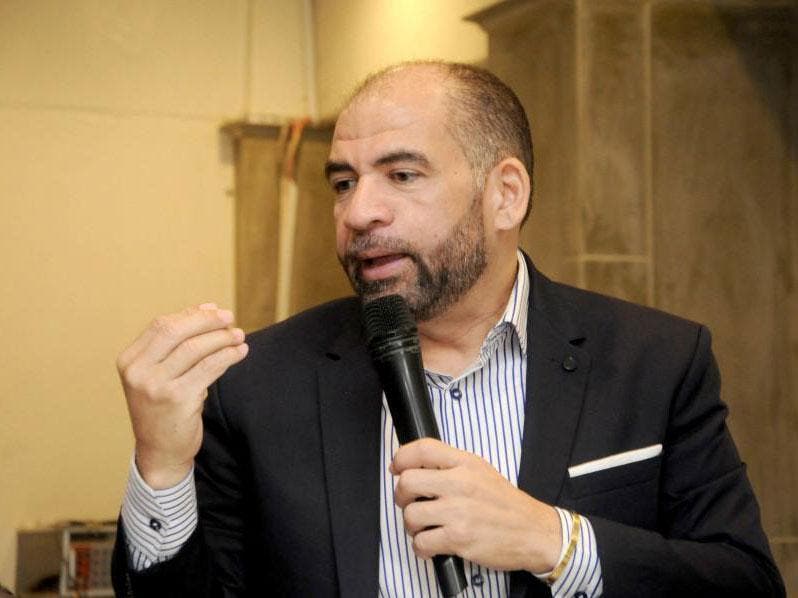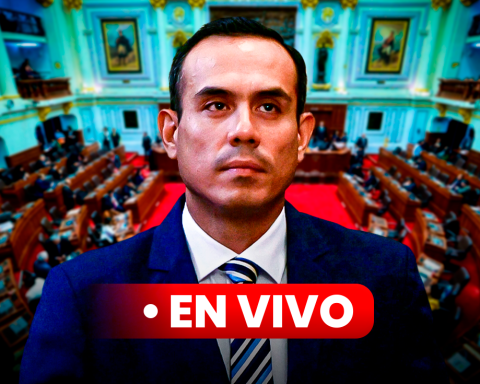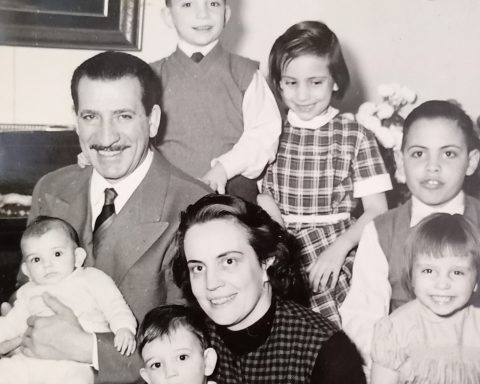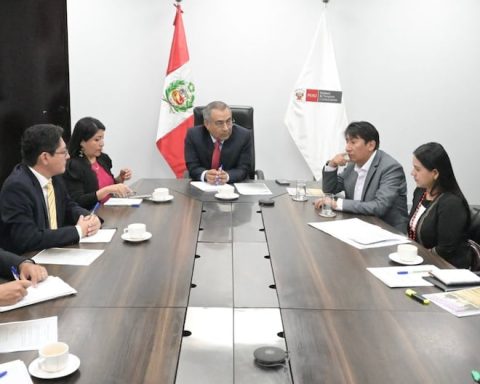2022 began with judicial operators at the center of public debate, particularly after the case of the rape in the Cordón neighborhood and the subsequent raid on journalist Ignacio Álvarez after the broadcast of audios with intimate content.
In this framework, the Uruguayan Bar Association organized a discussion on Tuesday under the title “Criminal Justice and the media”, to add its vision to that of other groups -such as the Association of Criminalists or the Association of Prosecutors- that they had already come out quickly to mark a position on the subject.
During the exchange – in which the proceeding of the raid on Álvarez’s radio station was questioned, but arguments were also given as to why there could be a crime in the broadcast of the audios – the president of the Uruguayan Bar Association, Laura Capalbo, transmitted that they are “very concerned about Criminal Justice” based on these cases, which in their opinion show a “true battle in the media between the prosecution and defense attorneys” that “ends up exposing victims already under investigation.”
“Everyone has a microphone and that led different interlocutors with more or less legal training, with more or less involvement in the issue, to turn to the media to make a series of statements that led to divert attention from the underlying issue. and failing to properly address what is the collision of different rights“, emphasized the lawyer.
In this sense, he defended the role of the lawyer as “the main guardian of the penal system” and regretted that they tend to “judge the behavior” of their defendants.
Criticism of the Prosecutor’s Office and the Code of Criminal Procedure
The day of debate consisted of two tables. Doctors Beatriz Scapusio, Gustavo Bordes and Ignacio Soba participated in the first. Doctors Gianella Bardazano, Florencio Macedo and Diego Gamarra spoke at the second table.
In her speech, former prosecutor Beatriz Scapusio, grade 4 teacher of Criminal Law, warned that these episodes were “the touchstone that came to alert how our criminal system is actually working in fact.” Scapusio, who retired from the Public Ministry in 2011, pointed out that currently the state of innocence is violated “in a notorious way”.
The lawyer criticized the prosecutor for sexual crimes Sylvia Lovesio for making “demonstrations in the press on time regarding the investigation,” which, she said, is prohibited by the criminal code. She maintained that the prosecutor offered “personal opinions, adjectives personal feelings and those of her technical team regarding those involved” and that she even mentioned that the three involved had refused to take the DNA when it was not.
What’s more, Scapusio described the raid on journalist Álvarez as “disproportionate and unmotivated.” “It shows a lack of knowledge of the rights that cover a journalist”among them the absolute confidentiality of the sources, he indicated.
For his part, the lawyer and teacher Gustavo Bordes focused on the possibility that legal operators are influenced by the press. “The judges and prosecutors are going to say that they don’t read the press and it doesn’t influence them, but Of course, we are all influenced by the fact that the case is being aired. To a greater or lesser degree.”
Bordes questioned that media coverage also often speeds up processes. “Not all of them, but there are many of us who have complaints filed a year ago and the Prosecutor’s Offices have not summoned anyone. But we know that there are cases that are reported today and today or tomorrow they are already acting. Does that prosecutor not have a job or Is it because the case is in the public eye?” he asked.
In another order, he recalled that by articles 45 and 144 of the Criminal Procedure Code (CPP), the Prosecutor’s Office must comply with the principle of objectivity and that it is not the duty of the Prosecutor’s Office to sponsor a party, but to try to elucidate what happened.
Was a crime committed by broadcasting intimate content on a radio show?
The Professor of Constitutional Law Diego Gamarra analyzed if the journalist Ignacio Alvarez committed a crime by broadcasting audios with sexual content on the air without the authorization of all those involved. The constitutionalist picked up the concept of principle of proportionality coined by the German Federal Constitutional Court and based on that he submitted the fact to a test.
The queries to establish the proportionality test, as indicated, are the following: The first is if there is a legitimate purpose for the dissemination of the audios. If it were understood that yes, suitability should be examined. (the effectiveness of the measure to achieve the goal outlined). Then, the principle of necessity is evaluated (Check if there are no less harmful measures that reach the same end). Lastly, proportionality itself. If one of them fails, the action is considered illegitimate.
According to Gamarra’s analysis, trying to clarify the facts or add listeners are legitimate goals. He also understood that the decision was ideal, because it managed to satisfy the audience and inform. However, maintained that it did not meet the third criterion, which is the necessity.
Although he appreciated that it is debatable that there is public interest, he believes that “the affectation of privacy” was unnecessary. There was “the possibility of reporting the same, forcefully, but without such exposure. There are other reasonably suitable means to report on the fact,” argued the expert..
Other criteria taken into account are whether the events occurred in a public place and the participants are public figures. In this case, the answer is negative for both elements.
On the other hand, Gamarra said that “access to Justice is violated due to the possibility of revictimization due to the impairment of private life that can lead to a rejection by the Justice system and its responses and have some preference not to advance in the process”.

















